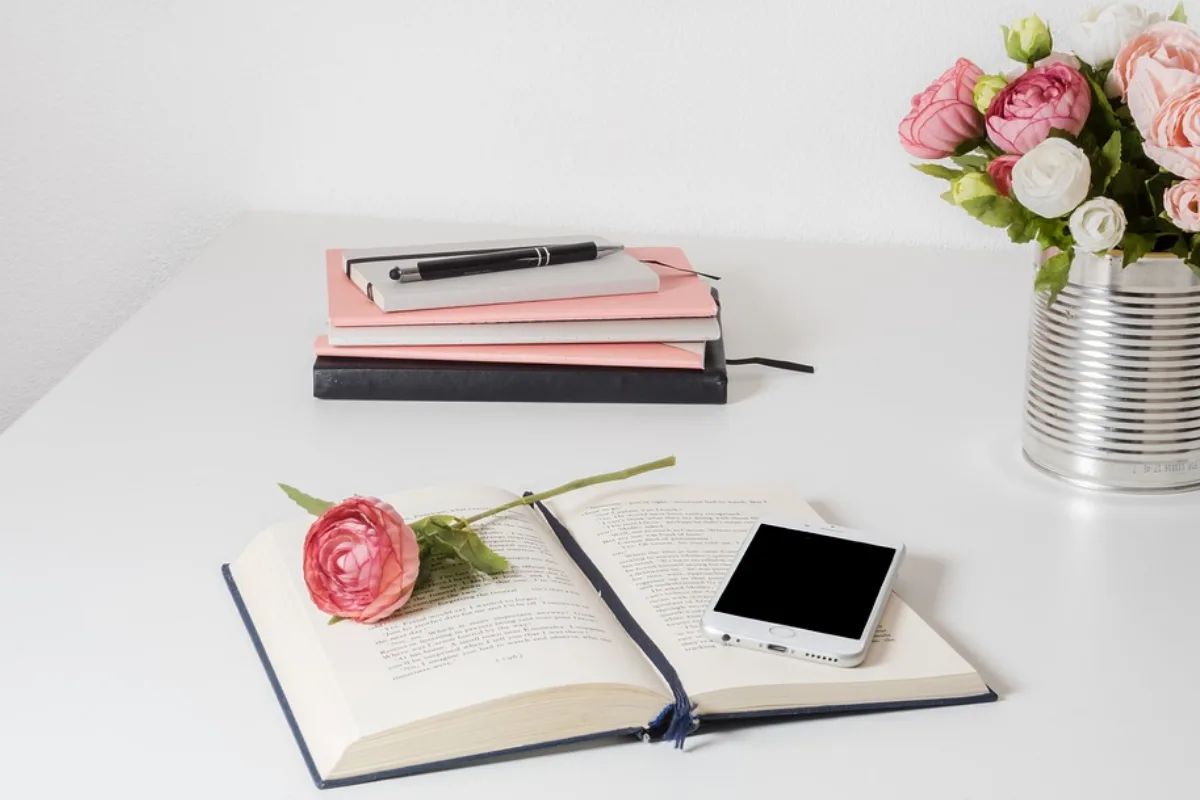You are getting ready to purchase that first house. Great. Now you need to figure out what you can actually afford. After all, the last thing you want is to purchase a home that breaks your budget. You want something that you can pay for without forcing you to live hand to mouth. So to get started, you really need to understand how a mortgage fits into the rest of your budget.
Assuming you already live on a budget, you set aside a certain amount of money to cover housing expenses. So take a moment to reflect on what actually constitutes housing expenses. Think of everything you can that goes into maintaining your living space. Some of these things you will still be paying for as a homeowner, other things you will not.
The Total Cost of Housing
There is a basic concept of borrowing and lending known as the ‘total cost of borrowing’. This concept embraces the fact that borrowing money incurs a number of costs that go above and beyond just repaying what was borrowed. The total cost of borrowing includes principal payments, interest, mortgage insurance (where applicable), and any additional fees and charges assessed by the lender.
Similarly, there is something known as the ‘total cost of housing’. It involves all of the costs associated with maintaining a house. They include rent or mortgage payments, maintenance and repair costs, insurance, utilities, etc. It is this total cost of housing that buyers really have to think about when applying for mortgages.
This is where some sound advice from a mortgage broker could prove invaluable. As a financial adviser with a speciality in mortgage lending, a mortgage broker is the most suited professional for helping buyers understand what they can really afford.
Working out the Budget
The first step to take before ever looking into mortgage deals is to work out a budget. You have already reflected on what constitutes your housing costs, so tally up those costs and figure out your current total cost of housing. Now compare that to what you might pay to maintain a home you purchase.
For example, do you currently have insurance as a renter? If not, you are going to need it as a homeowner. Whatever you pay for insurance instantly becomes part of your total cost of housing. Work that into your budget as a monthly payment – even if you plan to pay for insurance annually.
Do the same thing with any other expenses you know you will incur as a result of buying a home. If there are any expenses you will no longer have to pay once you stop renting, they can be deducted from your budget. The idea here is to calculate all the known expenses so that you can figure out how much of your monthly payments can actually go toward your mortgage.
See What You Qualify For
Once you know how much of your monthly housing payments can actually go toward your mortgage, it’s easy to figure out how much of a mortgage you qualify for. There are lots of online tools that can provide fairly accurate estimates. As an alternative, you could contact a mortgage broker and let him or her run the numbers.
Let’s just say you can afford £700 per month just in mortgage payments alone. You also have £20,000 saved for a down payment and enough working years ahead of you to pay on a 25-year mortgage. With those three numbers you can find out just how much house you can afford to buy.
The point of all of this is to make sure you stay within your budget once you begin shopping for homes. It’s easy to fall in love with a property without ever considering whether or not you can truly afford it. And it only takes a couple of hundred pounds over your established monthly budget to cause real financial strain.
If you plan to purchase a home, make sure you know how your mortgage payments will fit into your budget. Make sure you understand both the total cost of borrowing and the total cost of housing before you agree to purchase any house.
This is a collaborative post.

